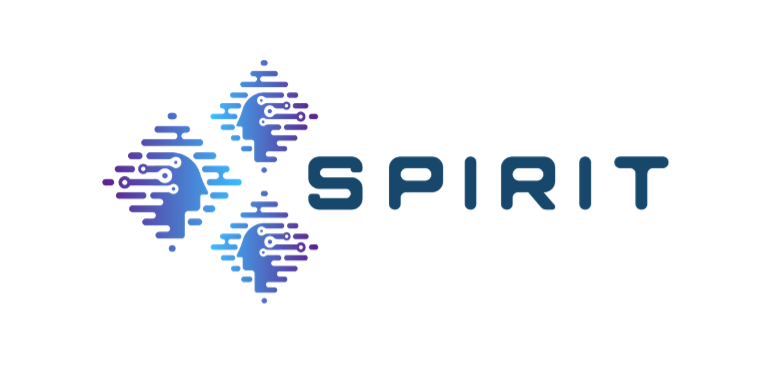International Congress on Information and Communication Technology
25-26 February 2021, London, UK
[PDF][Slides]
Nakisa Shams (ETS, Montreal, Canada), Hadi Amirpour (Alpen-Adria-Universität Klagenfurt), Christian Timmerer (Alpen-Adria-Universität Klagenfurt), and Mohammad Ghanbari (School of Computer Science and Electronic Engineering, University of Essex, Colchester, UK)
Abstract:
Cognitive radio networks by utilizing the spectrum holes in licensed frequency bands are able to efficiently manage the radio spectrum. A significant improvement in spectrum use can be achieved by giving secondary users access to these spectrum holes. Predicting spectrum holes can save significant energy that is consumed to detect spectrum holes. This is because the secondary users can only select the channels that are predicted to be idle channels. However, collisions can occur either between a primary user and secondary users or among the secondary users themselves. This paper introduces a centralized channel allocation algorithm in a scenario with multiple secondary users to control both primary and secondary collisions. The proposed allocation algorithm, which uses a channel status predictor, provides a good performance with fairness among the secondary users while they have the minimal interference with the primary user. The simulation results show that the probability of a wrong prediction of an idle channel state in a multi-channel system is less than 0.9%. In addition, the channel state prediction saves the sensing energy up to 73%, and the utilization of the spectrum can be improved more than 77%.
Keywords: Cognitive radio, Biological neural networks, Prediction, Idle channel.













